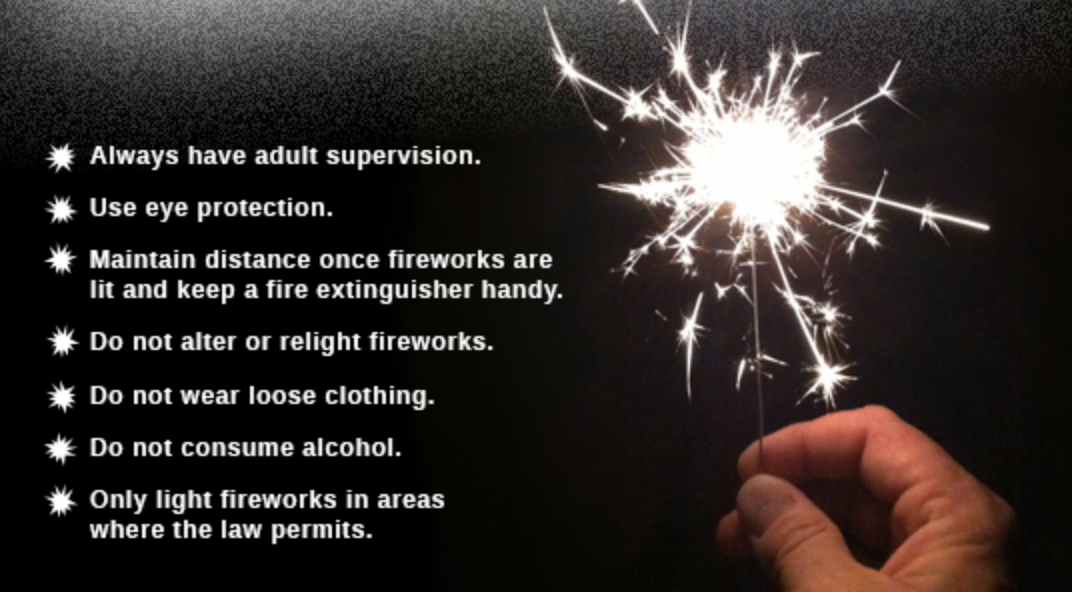As the Holiday season approaches, I'd like to share a few eye safety tips with you from flying Champagne corks to fireworks.
Champagne is a celebratory drink – but popping a bottle comes with some risk.
A Champagne cork can fly up to 40km/h as it leaves the bottle – fast enough to shatter glass.
Unfortunately, If the cork hits an eye, it can cause devastating trauma to the eye, ranging from a simple erosion to open globe wound.
Warm bottles of champagne and improper cork-removal techniques cause serious, potentially blinding eye injuries each year, according to the American Academy of Ophthalmology. Champagne bottles contain pressure as high as 90 pounds per square inch -- more than the pressure found inside a typical car tire. T
For a safe celebration, follow the American Academy of Ophthalmology's simple tips on how to properly open a bottle of champagne:
Before you toast the New Year, wath this video and check out the tips on how to safely open a champagne a bottle.
If you do sustain an eye injury from a champagne cork, seek immediate medical attention from an ophthalmologist.

Fireworks injure thousands of people every year, but the amount of injuries skyrocket on this holiday season.
Playing with fireworks can cause terrible injuries, including blinding you or your loved ones.
The best way to avoid a potentially blinding fireworks injury is by attending a professional public fireworks show rather than purchasing fireworks for home use
Follow these safety tips to prevent eye injuries:
• Never let young children play with fireworks of any type, even sparklers.
• If you are handling fireworks, you should always wear protective eyewear and ensure that all bystanders are also wearing eye protection.
• Leave the lighting of professional-grade fireworks to trained pyrotechnicians.
If an eye injury from fireworks occurs, seek medical attention immediately and follow these guidelines:
• Do not rub, rinse or apply pressure to your eyes.
• Do not remove any objects that are stuck in the eye.
• Do not apply ointments or take any blood thinning pain medications such as aspirin or ibuprofen.